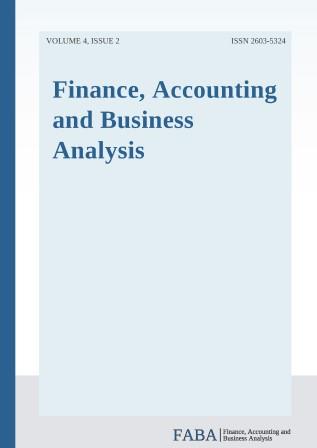A Women Empowerment Model in Improving Food Security of Agribusiness Communities
A Women Empowerment Model in Improving Food Security of Agribusiness Communities
Author(s): Lili Marliyah, Eko Heri Widiastuti, Agus Sutriyanto, Marhaeni Dwi Satyarini, Dwi Asih K HandayaniSubject(s): Economy, Business Economy / Management, Agriculture, Socio-Economic Research
Published by: Институт по публични финанси
Keywords: empowerment; social capital; agribusiness
Summary/Abstract: The purpose of this study was to describe women's accessibility in agribusiness in increasing food security and the effect of social capital conditions. The novelty in this research was the existence of a social capital-based women's empowerment model in the agribusiness community. The research method used was qualitative and the sampling technique used was purposive sampling. Structured interviews, observations, and documentation were used in data collection. Internal and eternal validity of the data was carried out with triangulation techniques. The results showed that the women's empowerment model was still partial, not yet integrated or developed in social institutions. The level of accessibility of women in the agribusiness sector stands out in several activities, specifically plant care, harvesting, post-harvest activities to marketing activities. Women's accessibility to resources and income were relatively balanced. Women were more dominant in the management of the use of production costs and the necessities of life. Women's access to using leisure time was relatively low, due to the dominance of domestic activities. The social capital structure of the agribusiness community in the Bandungan area was classified as outward-looking, judging from the elements of trust, norms, and networks between individuals. The size of the social capital or the social capital of the community in the Bandungan area was relatively large. The recommended model for empowering women in the agribusiness field was the emphasis on strengthening and revitalizing institutions or social capital that grew and developed in economic, social, cultural, religious, and political fields that created a conducive, participatory, and market institutional coordination system. Friendly competitions and the ideal conditions that were formed were expected to increase the accessibility of women in the agribusiness community, in terms of activities, resources, income, leadership, and leisure time.
Journal: Finance, Accounting and Business Analysis
- Issue Year: 4/2022
- Issue No: 2
- Page Range: 148-152
- Page Count: 4
- Language: English

